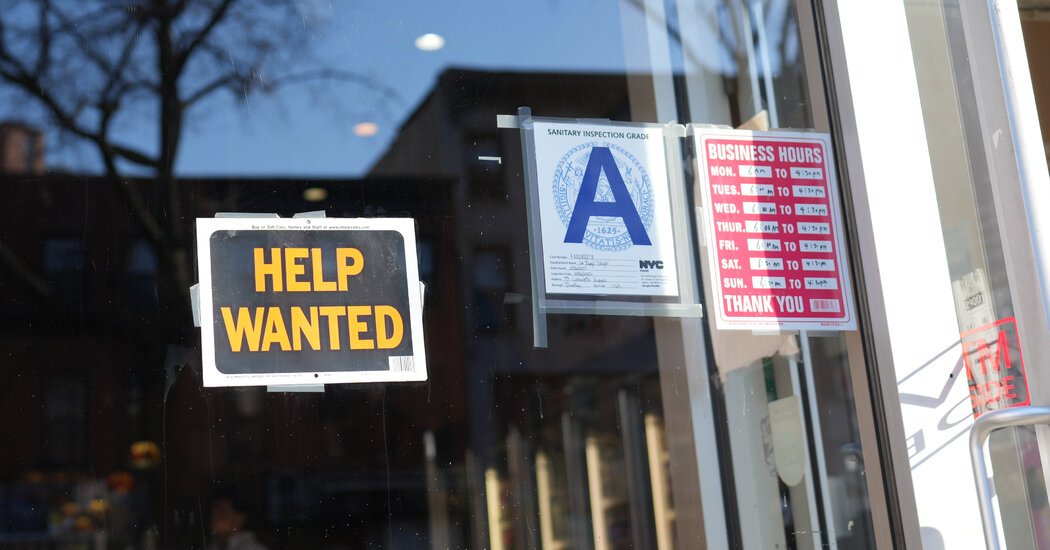After beating Nikki Haley in New Hampshire on Tuesday, Donald Trump reaffirmed his position as the leading candidate to win the Republican nomination. That has business leaders facing the possibility of another Trump presidency, and their investors trying to figure out what it could mean for their bottom lines.
The questions are, perhaps not surprisingly, coming from seemingly every corner of the economy.
During Blackstone’s quarterly earnings call on Thursday, an analyst wanted to know if uncertainty over who would win a likely Biden-Trump matchup could freeze deal flow. (“I’d say transaction activity is going to be more tied to the Fed’s activities,” said Jonathan Gray, the company’s president and chief operating officer.)
Elsewhere, on a call with the financial services company Bread, an analyst wondered out loud whether a second Trump administration might overturn a proposed rule on credit card late fees. (“Hope is not a strategy,” the company’s C.E.O., Ralph Andretta, replied.) And Jeff Arnold, the chief executive of the digital health company Sharecare, responded to a question at a conference about whether the election could threaten the Affordable Care Act. (“At the end of the day, do you think he’s going to be more interested in attacking the A.C.A. or something else?” he said of a potential Trump presidency. “ I think it’s probably going to be something else.”)
The November election is still many months away, and executives are certainly not eager to talk about it. “Most business leaders are trying to stay away from politics, particularly in this presidential election year, as much as possible,” said Lori Esposito Murray, the president of the Committee for Economic Development at the Conference Board.
But here are some of the key issues that are at the top of their minds.
On some topics, neither Trump nor President Biden has the answer that businesses want. In a survey of about 1,200 C-suite executives by the Conference Board, the executives said their biggest risk was the rising national debt. While Haley has made reducing government spending part of her campaign, neither Trump nor Biden has made it a priority. “I don’t think there’s a candidate that is particularly encouraging on that issue,” Murray said.
On corporate taxes, a second Trump administration would most likely have less effect than the first, which signed into law a cut to the corporate tax rate, to 21 percent from 35 percent, said Andy Laperriere, the head of U.S. policy at Piper Sandler. “I think it’s going to be a big enough challenge just to extend the individual tax cuts that are in place today that expire at the end of 2025,” he said.









